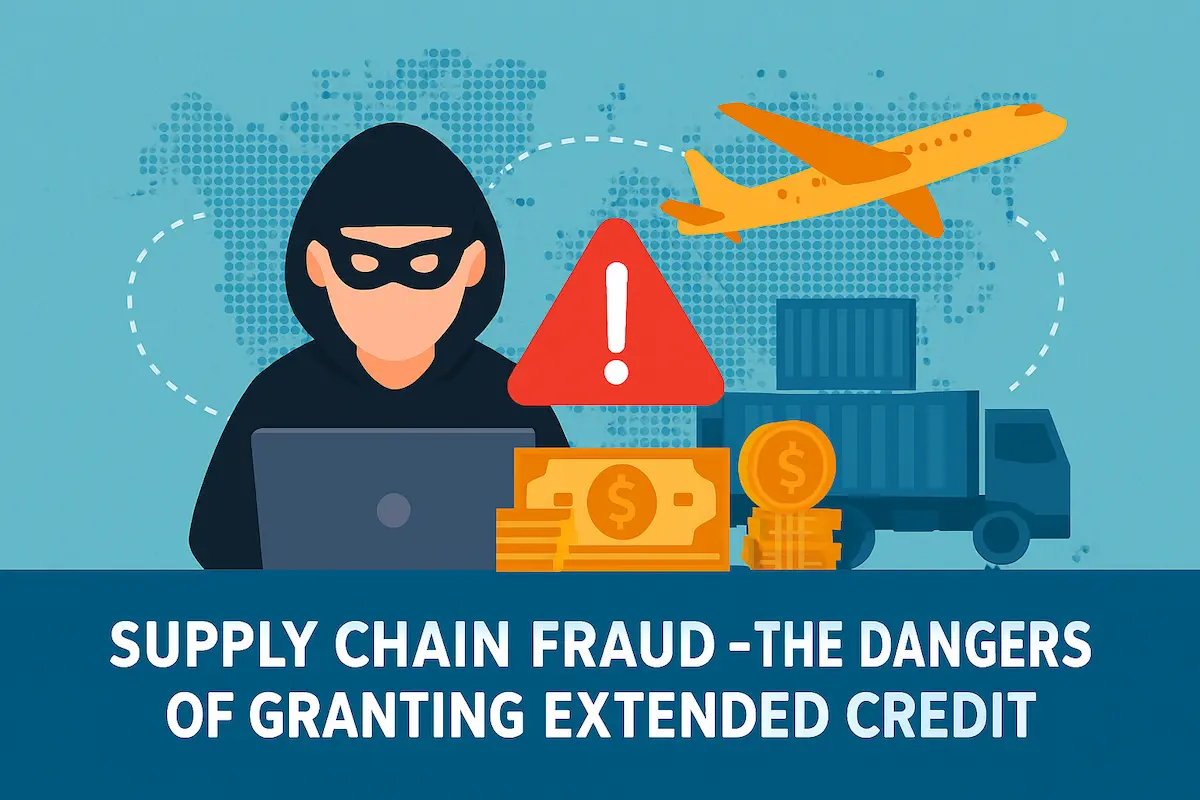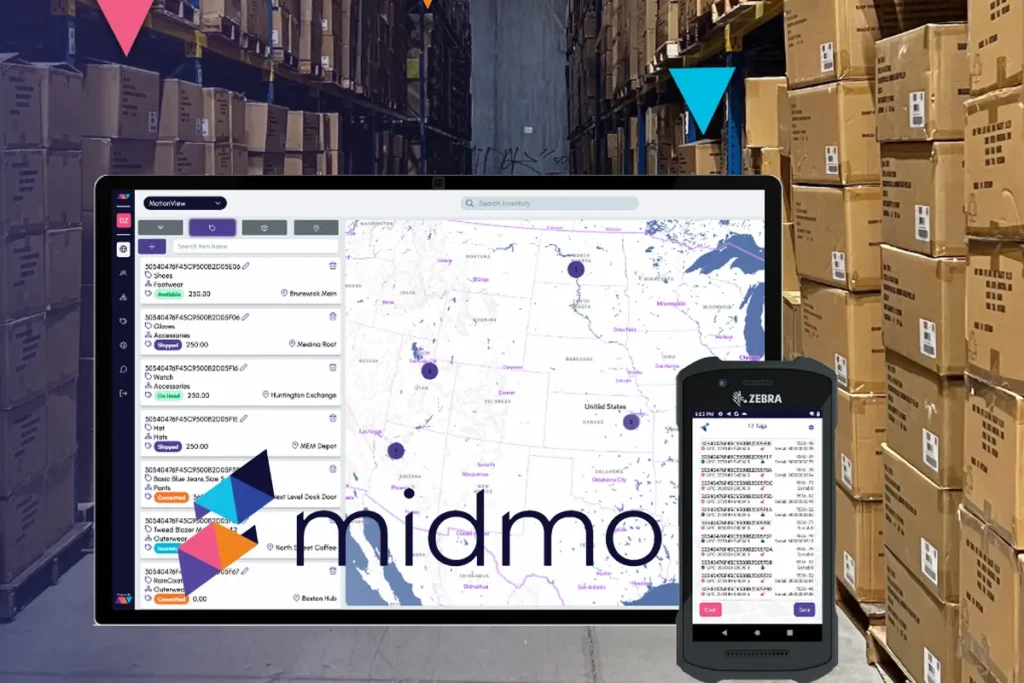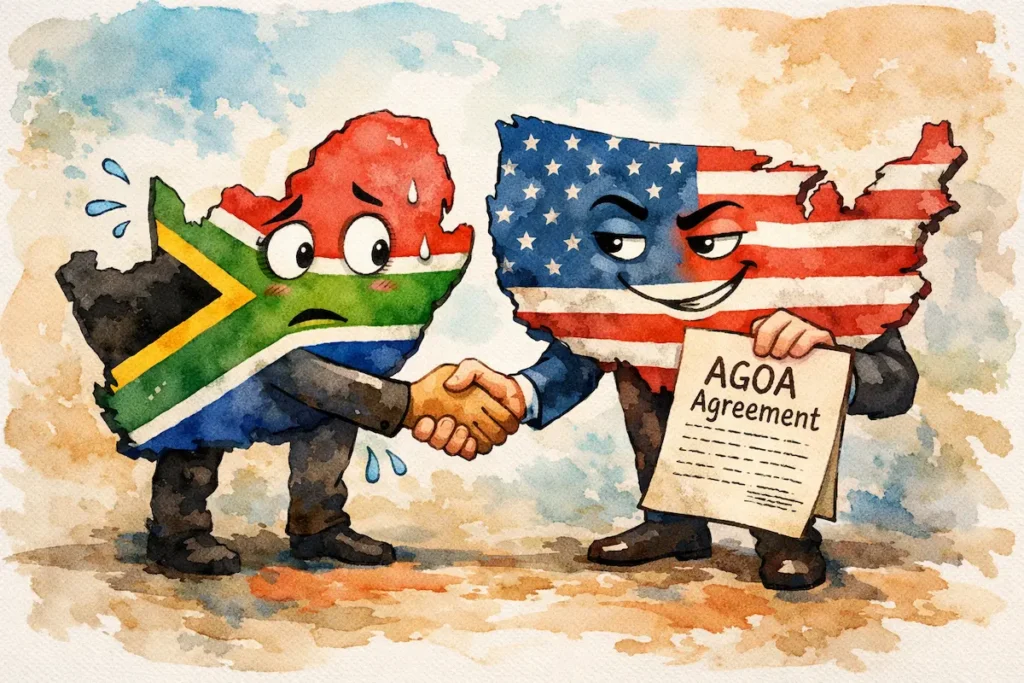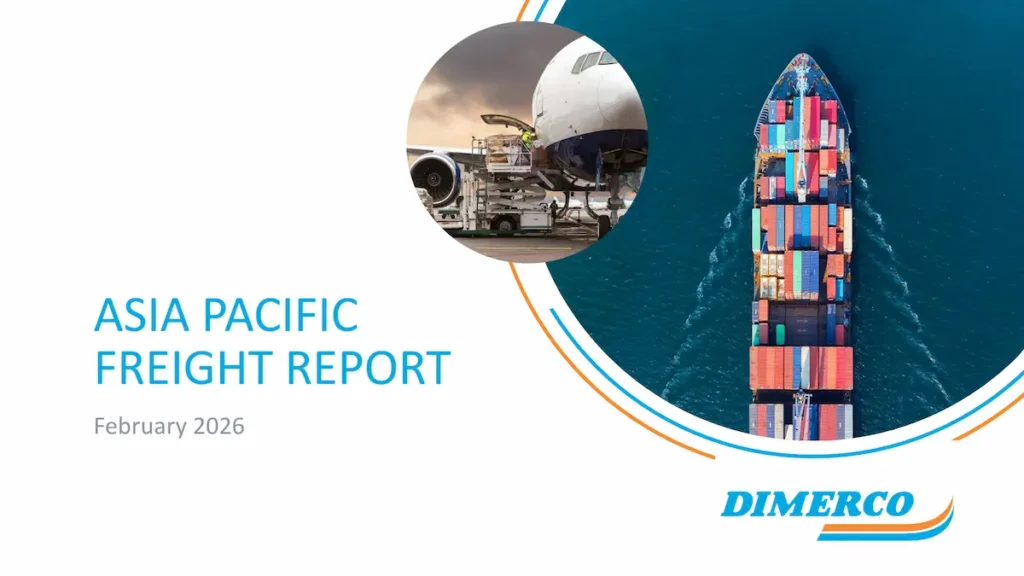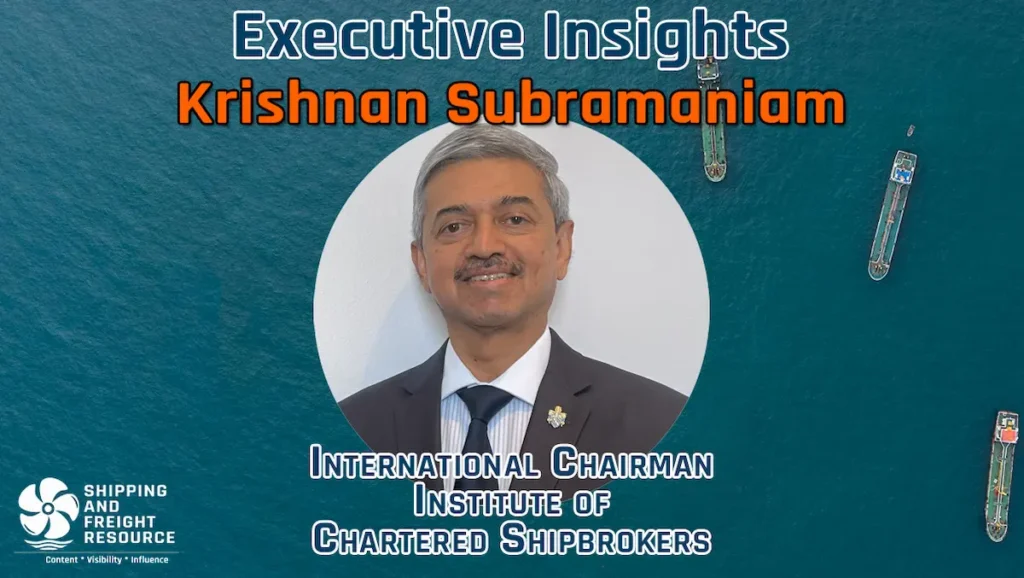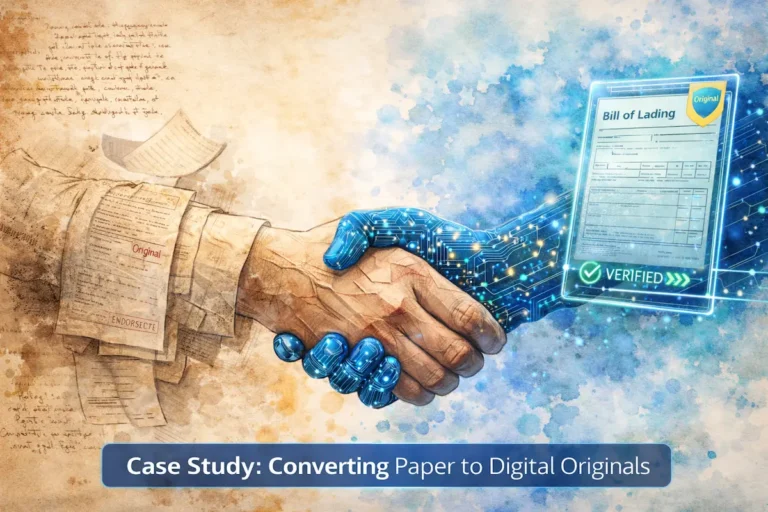“You can get the business if you offer 90 days credit from the statement” or “How much and how many days of credit can you offer..??”
Does this sound familiar..?? These are questions that logistics service providers like forwarders and clearing agents face every day as they try to secure new business..
Often concerned with the prospect of landing a lucrative new client, many businesses are lowering their guard with regard to credit fraud which has emerged as a significant risk amid the opportunities..
TT Club, the market-leading independent provider of mutual insurance and related risk management services to the international transport and logistics industry has issued a fresh warning to freight forwarders and logistics operators..
Beware of fraudulent customers who appear credible at first, but ultimately leave companies exposed to substantial financial losses..
The warning, issued on the 14th of April 2025, brings renewed attention to a growing pattern of fraudulent behaviour that leverages the offer of extended credit terms to defraud logistics providers..
While the TT Club has long been vocal about other types of fraud—such as falsified documents, mandate fraud, and fake truckers—the latest threat, known as credit fraud, has emerged as a prominent and financially damaging tactic over the past year..
According to TT Club’s Logistics Risk Manager, Josh Finch, this kind of fraud is an ever-present risk to all stakeholders in the global supply chain.. “Credit fraud is an exposure to all in the global supply chain and a danger that ought to be considered through the risk management structure of every business.
This is primarily a financial risk as operators are left with freight costs that can’t be collected. The losses as a result of such fraud can escalate quickly.” said Finch in a statement..
As per the Club credit fraud is not a matter of poor operational handling—it’s a financial trap disguised as opportunity.. Criminals exploit the trust extended in commercial relationships and thrive in environments where due diligence is rushed or overlooked..
Once the deception unfolds, the consequences can escalate rapidly and leave logistics operators with high carrier costs and no hope of recovery.
To understand how this scam unfolds, Finch outlines a typical case.. “A new customer approaches with a single shipment, typically to transport internationally, for instance from Bangladesh to Spain.
The ocean shipment will be completed by road at source and destination. There is a suggestion this could be the start of a potentially large and lucrative contract.
A rate is agreed and a 60-day credit facility arranged. On completion of the shipment the freight account is settled within the agreed 60 days.”
The first shipment is executed without a hitch, and payment is received on time.. Encouraged by the smooth transaction and the possibility of future business, the operator agrees to handle more shipments on similar terms..
Four more consignments follow, with the client increasing the urgency and requesting air freight instead of ocean transport.. These shipments are completed over a short span of three weeks, all appearing above board..
But then—silence.. The customer disappears.. Communications cease, the 60-day credit period expires, and no payments arrive.. The freight forwarder is now left holding the bag—liable for carrier payments with no revenue to offset the losses..
This is not just a one-off incident.. It’s a playbook that has been executed with minor variations across different markets, and it’s hitting operators where it hurts the most—their bottom line..
Based on the experiences of its members, the British International Freight Association (BIFA) has also flagged common warning signs seen in such scams..
These include new customers who deal exclusively in airfreight, have no interest in customs clearance or delivery services, and demonstrate unusually high volumes with minimal negotiation on pricing..
Many of these customers show no trading history on official records such as the UK’s HMRC trader listings, which would typically indicate prior import or export activity..
Finch stresses that in today’s environment, extending credit—particularly a generous 60-day term—should be done with extreme caution, especially when dealing with new or unknown customers..
Until a relationship has matured and trust is built, companies would do well to adopt more stringent credit terms or even demand payment upfront.. If operational or commercial imperatives require some flexibility, then thorough due diligence is non-negotiable..
That includes validating the legitimacy of the customer, their financial background, prior shipping history, and regulatory compliance..
Knowing your customer—at every level—isn’t just good business practice anymore.. It’s critical risk mitigation..
As the logistics sector continues to digitise and automate, fraudsters are also becoming more sophisticated..
The only real defence lies in a proactive, informed, and well-structured approach to customer vetting.. In the end, extending credit is about trust—and in global trade, trust should never be handed out lightly..
For more insights, visit the TT Club’s website or refer to their latest guidance publications on fraud prevention and logistics risk management..
Click here to consult Shipping and Freight Resource for a comprehensive risk management strategy for your global trade business..

